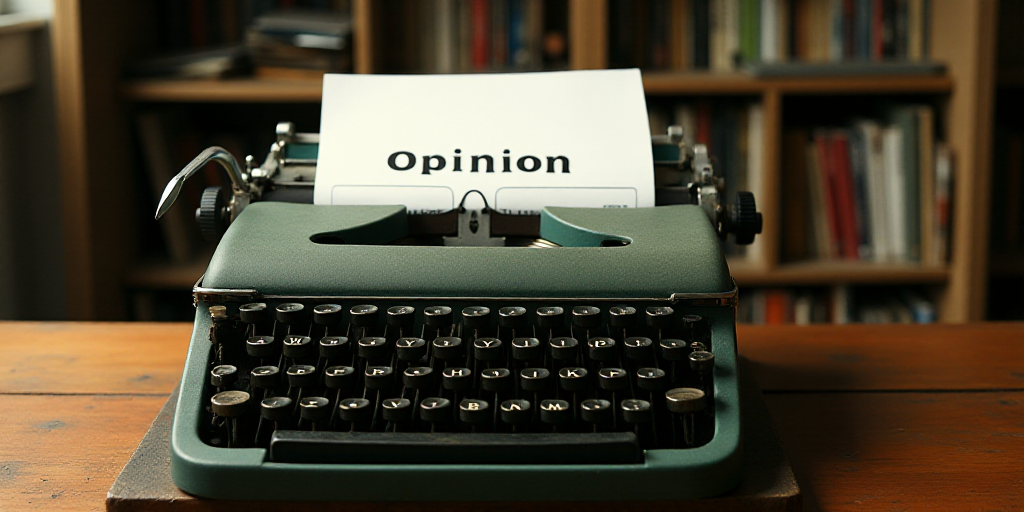Introduction
In a recent column, I discussed some of the major challenges that regulating artificial intelligence (AI) in Mexico will entail. One of these challenges is delineating responsibilities between those who design AI systems and those who use them. The rapid integration of AI into our lives has led to a perception that it operates autonomously, an anonymous entity building and developing itself without clear connections to its creators or user interference.
The Legal Dilemma
If this misconception were reflected in legal terms, it would be impossible to identify responsible parties for any rights violations resulting from AI use. Since algorithms aren’t identifiable legal entities capable of assuming responsibility, the regulatory framework must carefully analyze the scope of responsibilities for both creators and users to maintain legal certainty and protect everyone’s rights and freedoms.
Responsibilities of AI Creators
AI developers’ responsibilities include identifying and selecting databases and information to feed their systems or platforms. For instance, disputes have arisen in several countries regarding potential violations of intellectual property rights when developers incorporate third-party databases or content into AI systems without authorization or compensation.
Regarding biased algorithm implementation, any restrictions should be closely examined to ensure respect for freedom of expression.
Responsibilities of AI Users
Many users exhibit almost blind trust in information provided by AI systems, perceiving them as modern oracles responsible for resolving their issues. Some even make significant life decisions based on AI-generated recommendations.
Dr. Mara Dierssen, president of the Spanish Council on the Brain, warns that excessive delegation of tasks to AI reduces neurological effort and diminishes critical thinking and independent problem-solving abilities (Vademecum, Real Academia Nacional de Medicina de España). Additionally, there are cases where users employ AI tools to create or disseminate illegal content.
In these scenarios, AI creators should not be held responsible for how individuals use their platforms or the decisions they make based on AI recommendations. Instead, they might be required to include warning labels without reducing or thoroughly verifying generated content, as this would significantly undermine AI’s benefits.
Key Questions and Answers
- What are the main challenges in regulating AI in Mexico? One significant challenge is delineating responsibilities between AI creators and users.
- Why is it crucial to define responsibilities for AI creators? Developers must ensure the proper selection of databases and information to feed their systems, avoiding intellectual property rights violations.
- What responsibilities do AI users have? Users should critically evaluate AI-generated recommendations and not blindly trust the information provided.
- How should biased algorithms be handled in AI regulation? Any restrictions on biased algorithms must ensure respect for freedom of expression.
- What are the implications of users creating or disseminating illegal content using AI tools? AI creators should include warning labels instead of reducing or thoroughly verifying generated content to preserve AI’s benefits.






